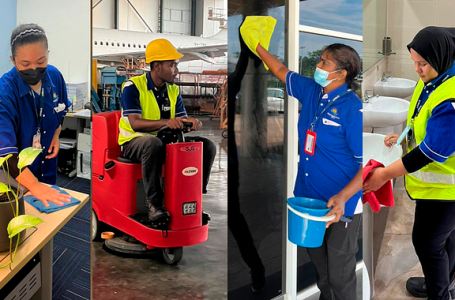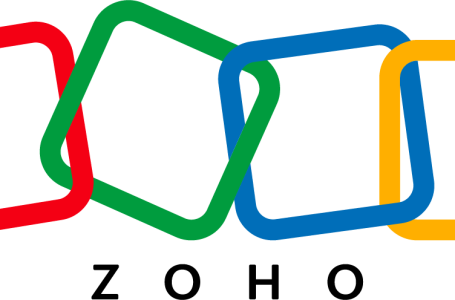
The Halal industry is witnessing exponential growth, with various projections positioning it as a multi-trillion-dollar opportunity.
As the industry continues to globalise, there is potential to harness the socially-responsible funding mechanisms of Islamic finance and strive to produce goods and services which are Halal Tayyab (pure, safe and permissible according to Islamic law).
Capitalising on the synergies between the two industries can foster a genuinely sustainable Halal economy — an economy in which the sum of its parts is not only Shariah compliant but also has its place in the Divine Order.
Halal goods and services supply depends on a robust Halal ecosystem, with the primary criteria being Halal compliant. This means the credibility and trust around a Halal certification are of utmost importance. Malaysia has taken the lead in developing a world-class Halal ecosystem via the Halal Development Corporation (HDC) under the Ministry of International Trade and Industry. The country’s achievement in this aspect solidifies its credibility in developing the holistic growth of the Halal industry while offering standardisation to cement consumer trust and confidence.
One driving force of the Halal ecosystem is Standard Chartered Saadiq, the Islamic banking arm of Standard Chartered Bank Malaysia Bhd. The leading international Islamic network spans Asia, Africa and the Middle East.
In 2020, Standard Chartered Saadiq launched the Halal360 proposition as an Islamic supply chain solution to connect the Halal trade corridors, thus ensuring that businesses across geographies can leverage its unparalleled Islamic network.
- Supports suppliers across various geographies
- Provide a digital platform with straight-through processing
- Eliminate physical documentation and allow for integration with different enterprise resource planning platforms
- Provide preferential treatment for SME vendors, hence creating economic sustainability and uplifting participation among these businesses
- Comply with environmental, social and governance (ESG) criteria whereby the bank and buyer can work with suppliers to improve ESG practices, thus moving towards the net-zero carbon emissions target.
Amid the increased awareness and adoption of ESG practices, Halal businesses have a natural advantage by being more ethically aligned and emphasising purity and cleanliness.

Case study
Malaysia Airports: A sustainable supplier financing solution
- Malaysia Airports Holdings (MAHB) is one of the largest airport operator groups in the world in terms of the number of passengers handled, managing 39 airports across Malaysia as well as an international airport in Turkey.
- Amid the COVID-19 pandemic and the ensuing lockdowns that limited travel and tourism, MAHB was keen to set up a supplier financing programme which enables its vendors to enjoy immediate liquidity at competitive pricing, thus ensuring economic sustainability for the suppliers during the pandemic.
- Under the programme, SME suppliers enjoy preferential treatment over non-SME suppliers.
- Digital — The supply chain solution fully provides an end-to-end digital experience based on Halal360’s straight-through-processing model with no physical documentation or manual processing.
- Shariah compliance — The programme demonstrates the depth of Standard Chartered’s Islamic finance innovation and solution capabilities, delivering a seamless digital experience that meets MAHB requirements.
This innovative and sustainable supplier financing solution allows MAHB’s vendors to access quick liquidity at preferential financing rates while helping MAHB optimise its cash flow.
The programme also promotes best practices in sustainability across the MAHB’s ecosystem. Overall, it reflects the company’s commitment to supporting SME suppliers throughout challenging economic conditions while leveraging digital capabilities to deliver a straight-through process and a seamless client experience.











